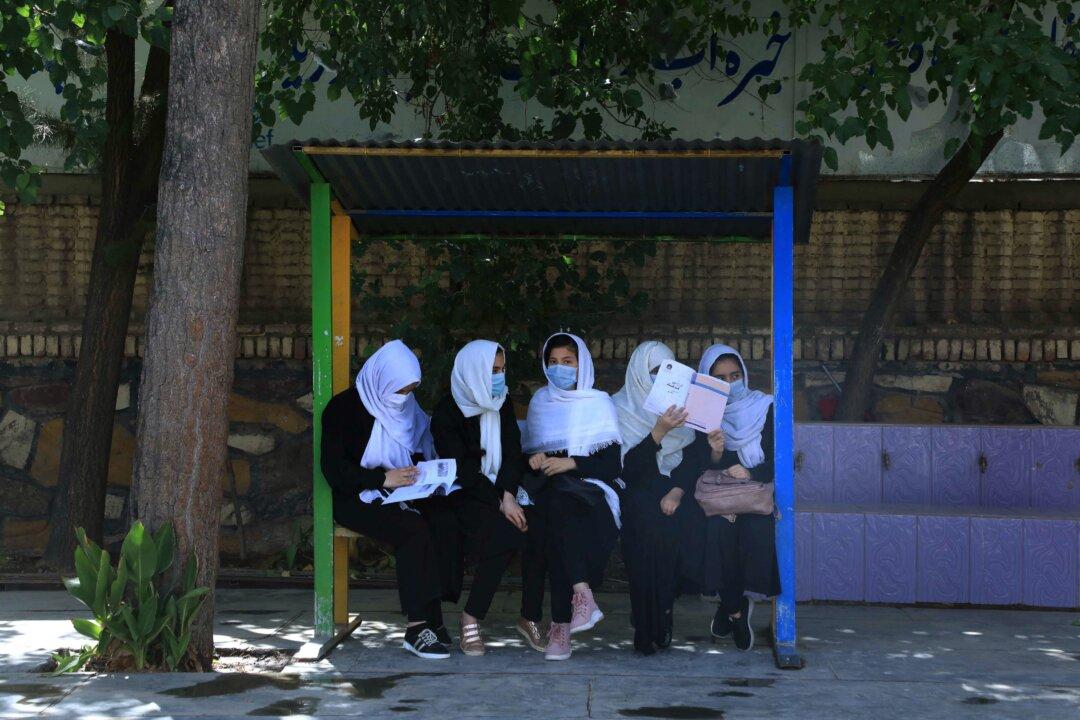The Taliban regime in Afghanistan on Dec. 20 barred women from attending universities in its latest decree to restrict Afghan women’s rights and freedoms, sparking an international outcry.
The Taliban-run Ministry of Higher Education reportedly shared a letter informing private and public universities of the cabinet’s instruction to deny access to all female students.





